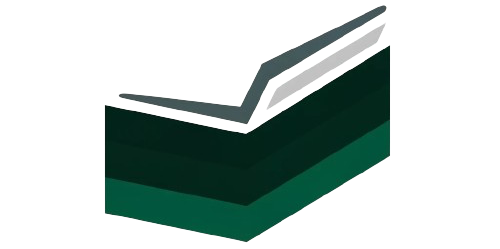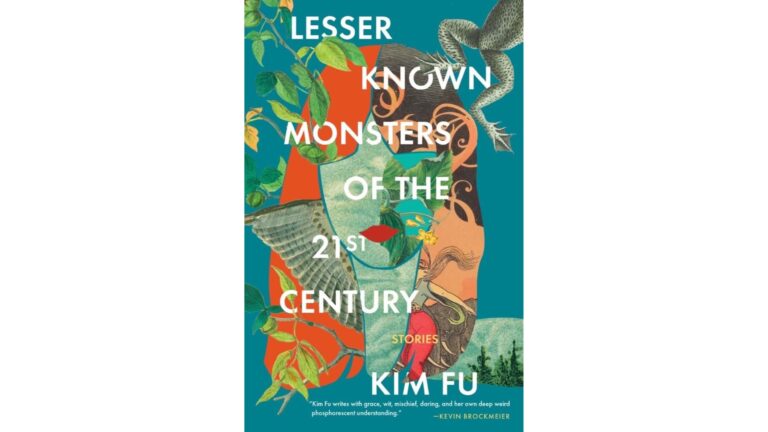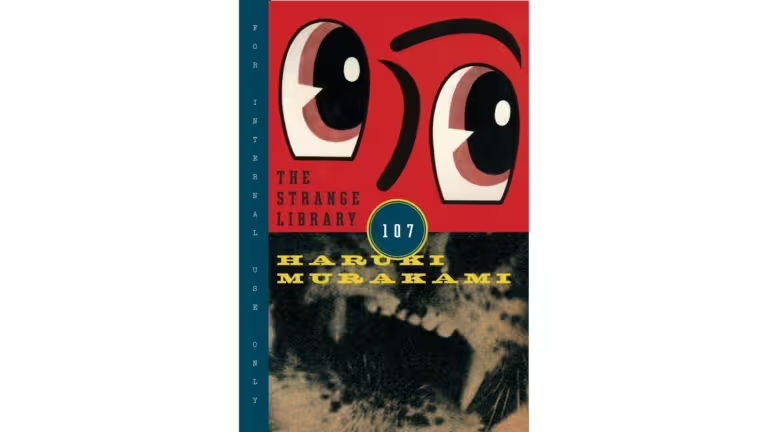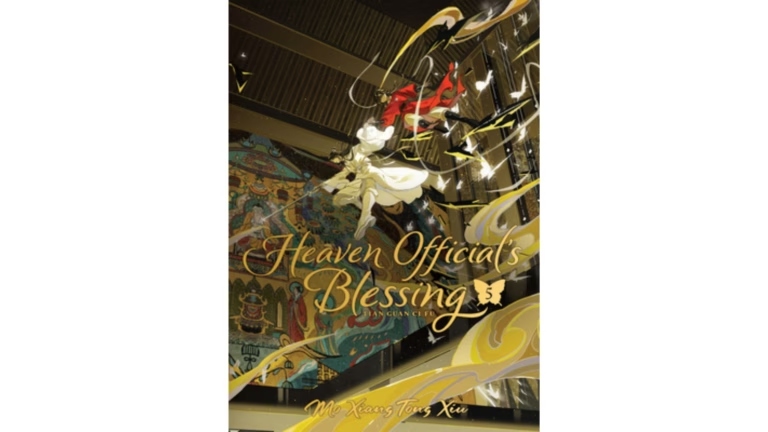Tomorrow by Damien Dibben presents an interesting premise: an immortal dog journeying through the 1800s in search of his master. Who wouldn’t be drawn to such unique perspective? (Fair warning: mild spoilers ahead).
The book introduces us to an immortal dog named Tomorrow who has lived for centuries alongside his beloved master, a talented doctor and alchemist. When his master mysteriously disappeared in 1688, Tomorrow begins what will become a 130-year search across Europe. As the dog navigates through war-torn landscapes, royal courts, and changing times from the 17th to the 19th century, he encounters various humans and animals companion. The plot alternates between Tomorrow’s present day search and memories of his extraordinary past with his master, gradually revealing the secrets of their unusual longevity and the circumstances of their separation.
Despite my personal reflections below, Tomorrow has found an audience among readers who appreciate philosophical fiction and animal perspectives. If you enjoy contemplative historical fiction with unique narrators, or if you’re drawn to stories exploring themes of loyalty and immortality, you may connect with this novel.
Unfortunately, this adventure turns out to be more of a waiting game, with our canine protagonist spending most of his time stationed in a city, pining for his master’s return.
The main character, Tomorrow (our immortal dog hero), is so flawlessly perfect that he becomes difficult to relate to or truly sympathise with. A philosophical, vegetarian dog who views war as meaningless? Tomorrow’s lofty moral stance and judgmental attitude – particularly toward the delightfully flawed Sporco – feels not endearing for me.
Speaking of Sporco, this imperfect companion emerges as the most compelling character in the book. Unlike our protagonist, Sporco is fun, flawed, and refreshingly dog-like. His scenes stands out, especially towards the end, and it delivers more genuine impact than the rest of the plot combined.
The structure doesn’t do the story any favours either. The back-and-forth timeline between chapters feels disjointed rather than revealing. I realised there may be a trend towards this type of writing, but can we please stop with the trend? I can follow if it’s only 2-3 chapters of flashbacks, but for the whole book to use this format is tiring.
After accompanying Tomorrow on a 130-year search for his master, the eventual reunion lands with anticlimactic thud. We finally reach our destination, and … that’s it.
Reading Tomorrow, I couldn’t shake the feeling that our immortal narrator had already experienced his most interesting adventures long before the book began. And leaves us with the philosophical musings of a rather boring, self-righteous dog.
About the Author
Damian Dibben is a best-selling British author. His novels have been translated into 27 languages, in over 40 countries. His latest, THE COLOUR STORM, is about a love story and thriller set in the art world of the renaissance. Previous novels include the critically acclaimed TOMORROW, (2018) as well as the international sensation, THE HISTORY KEEPERS series.
Rating: 2.5 muse points. An immortal dog should have eternal adventures, not eternal lectures.




